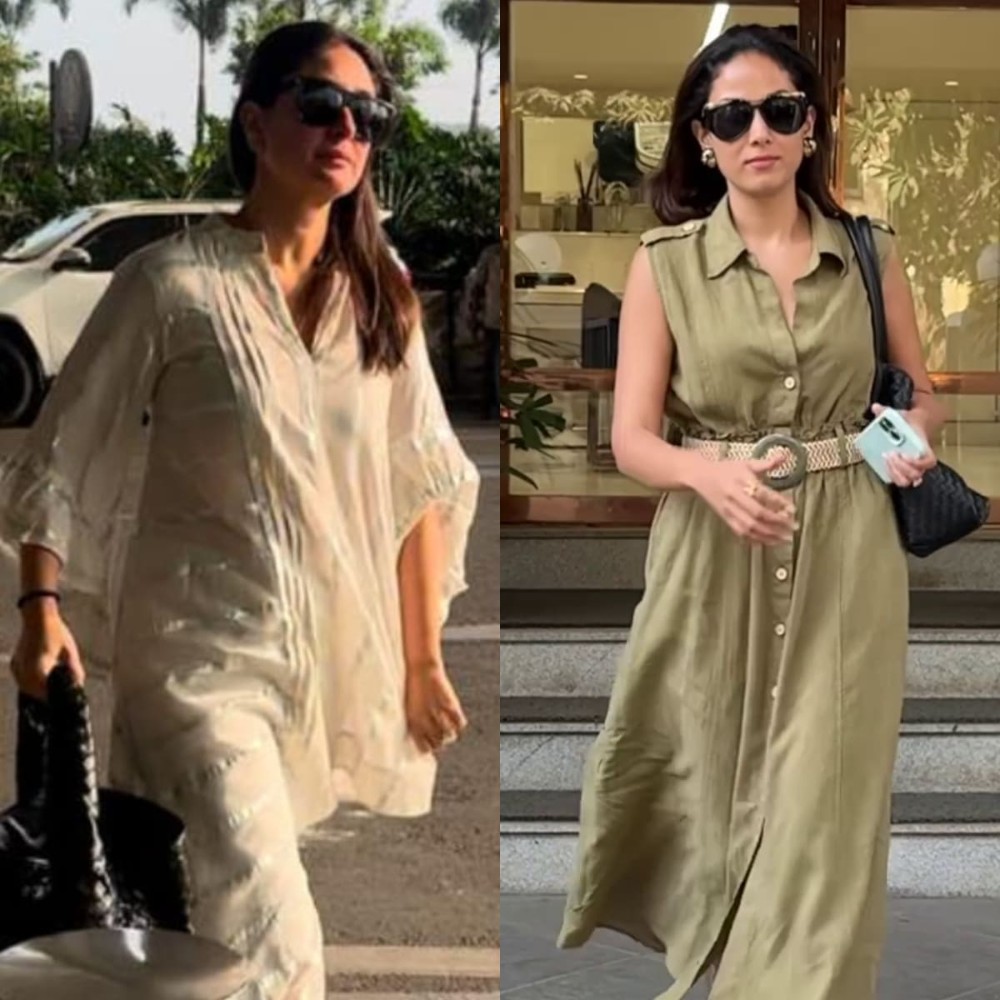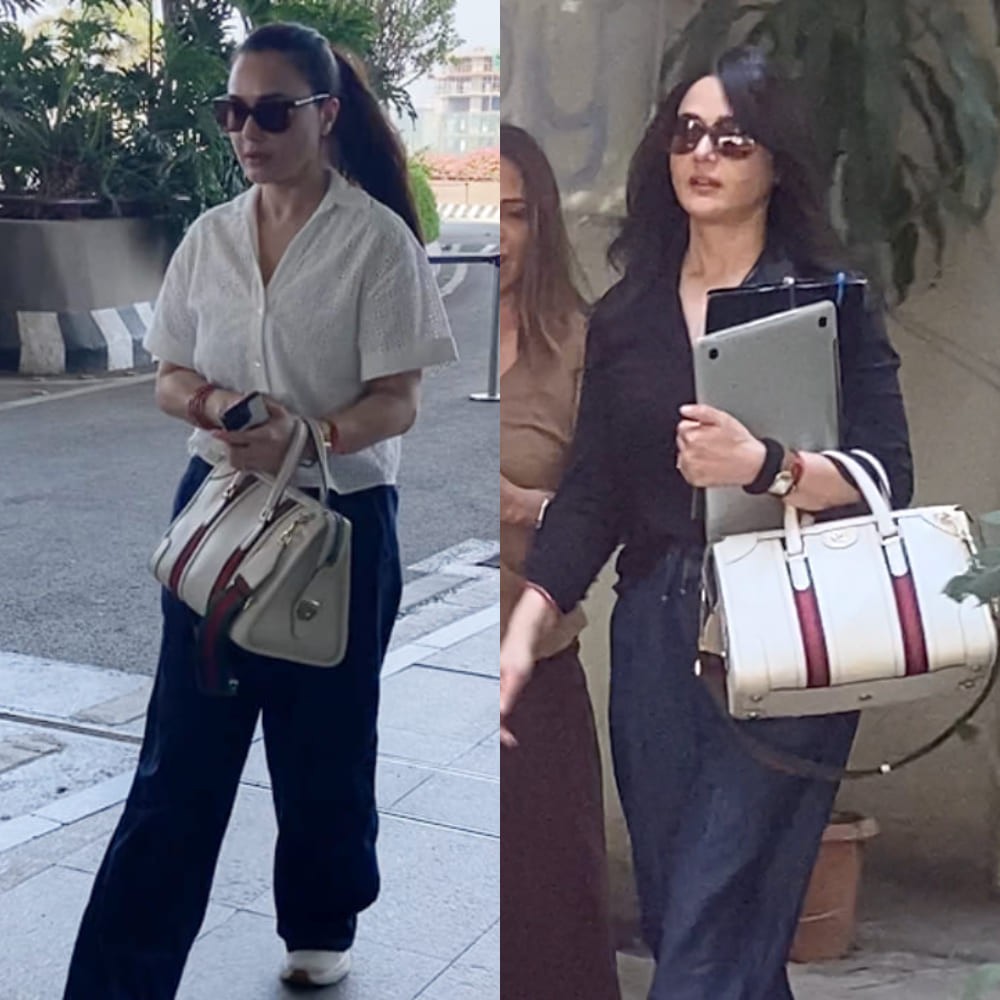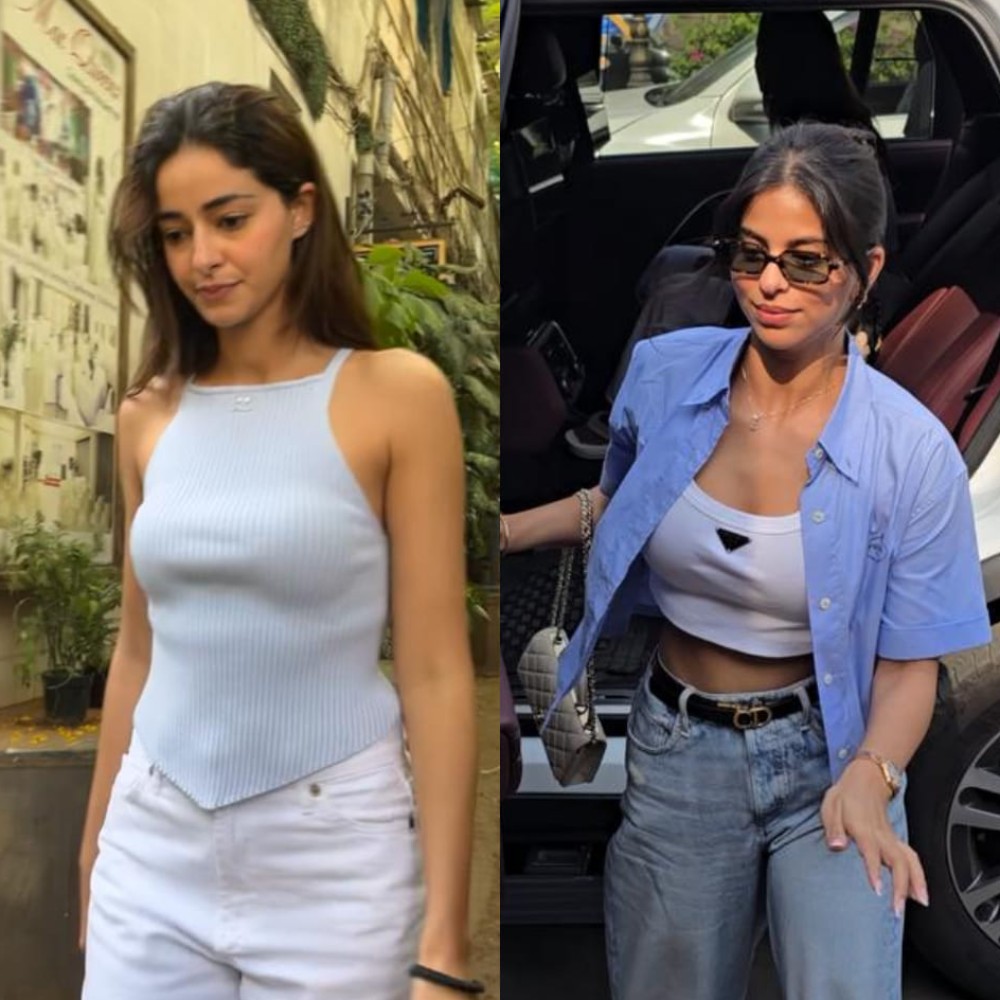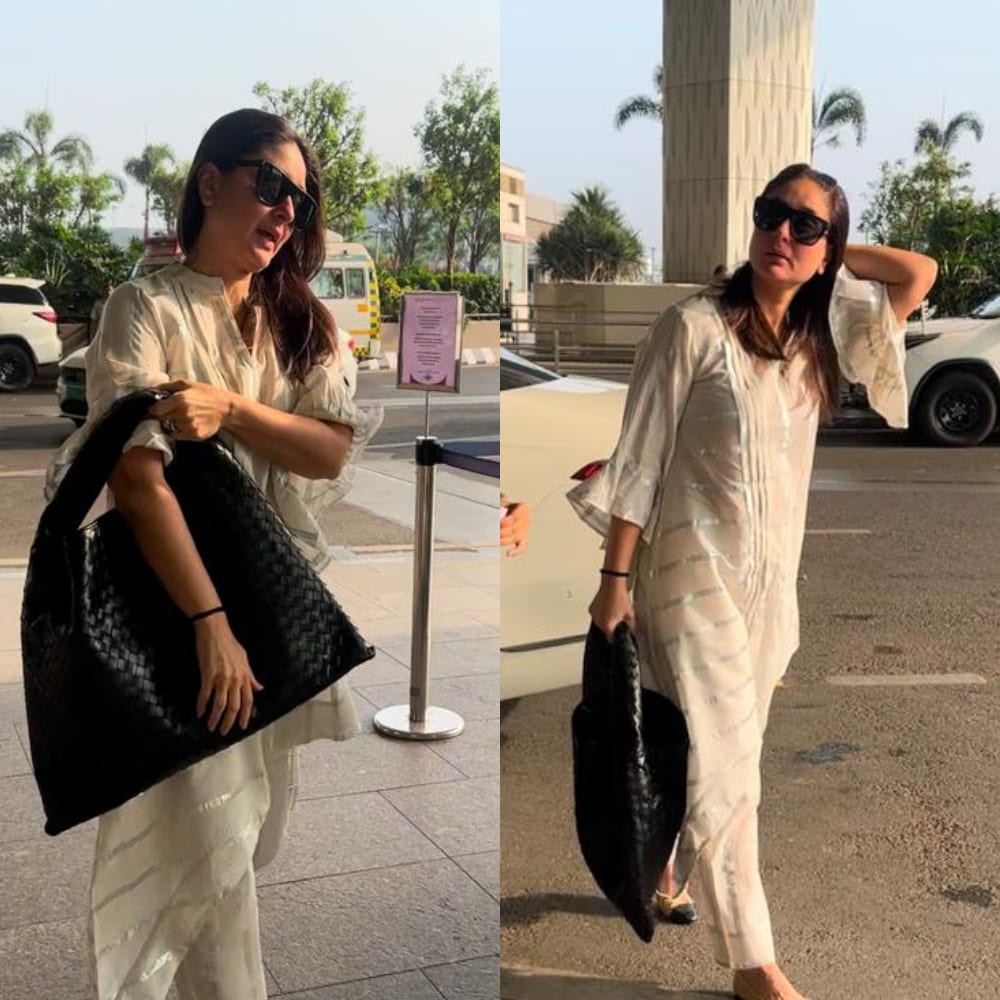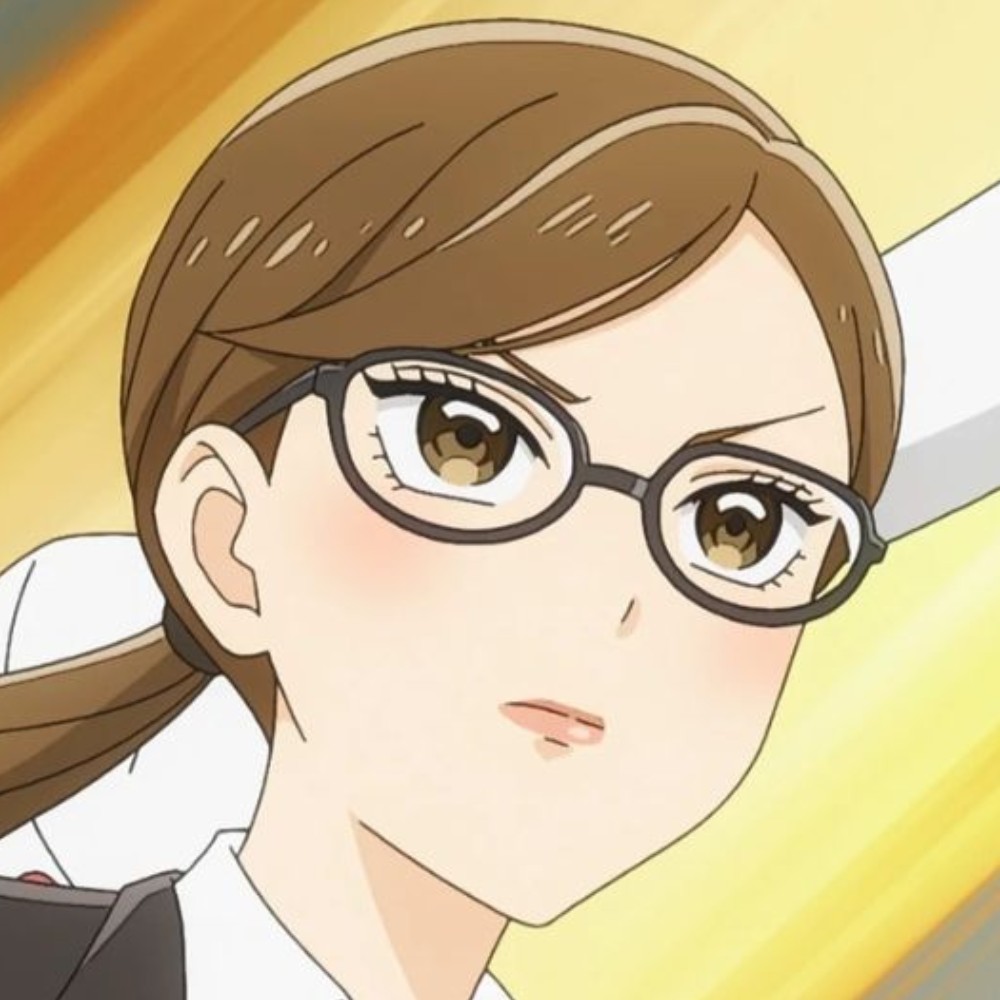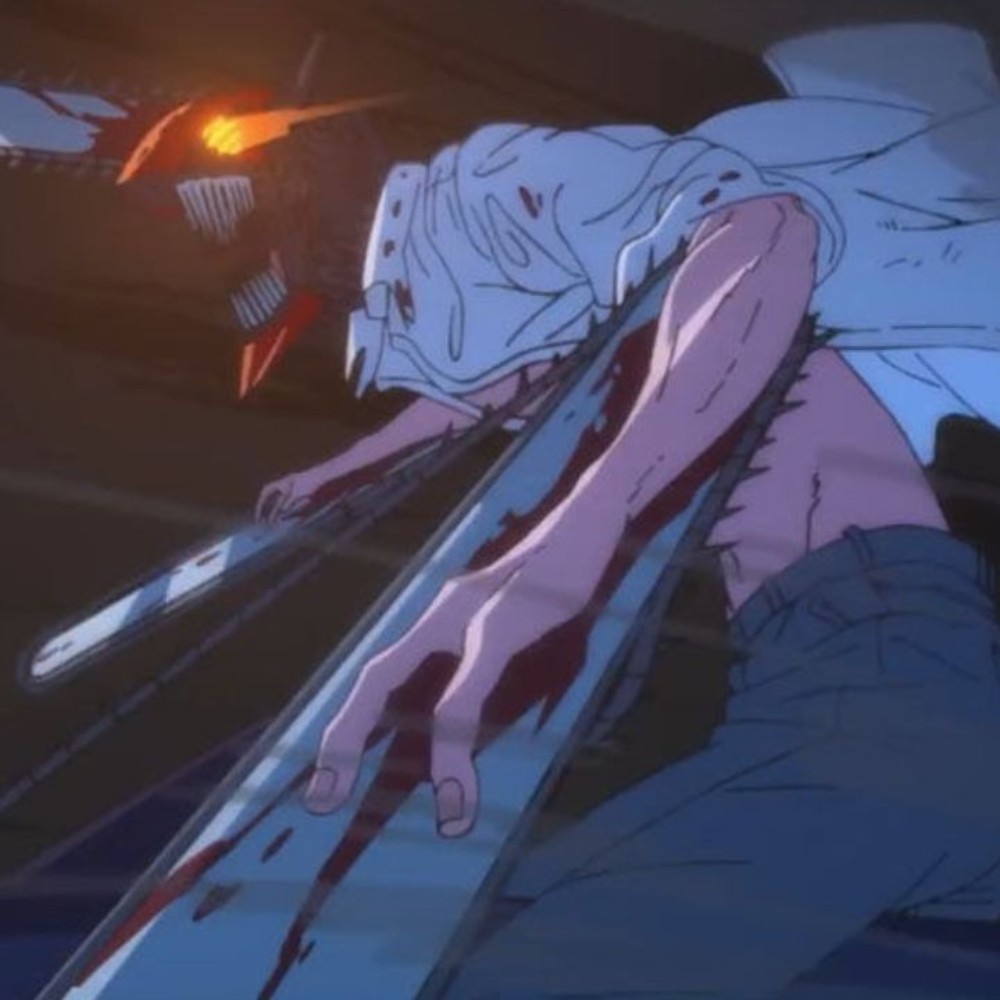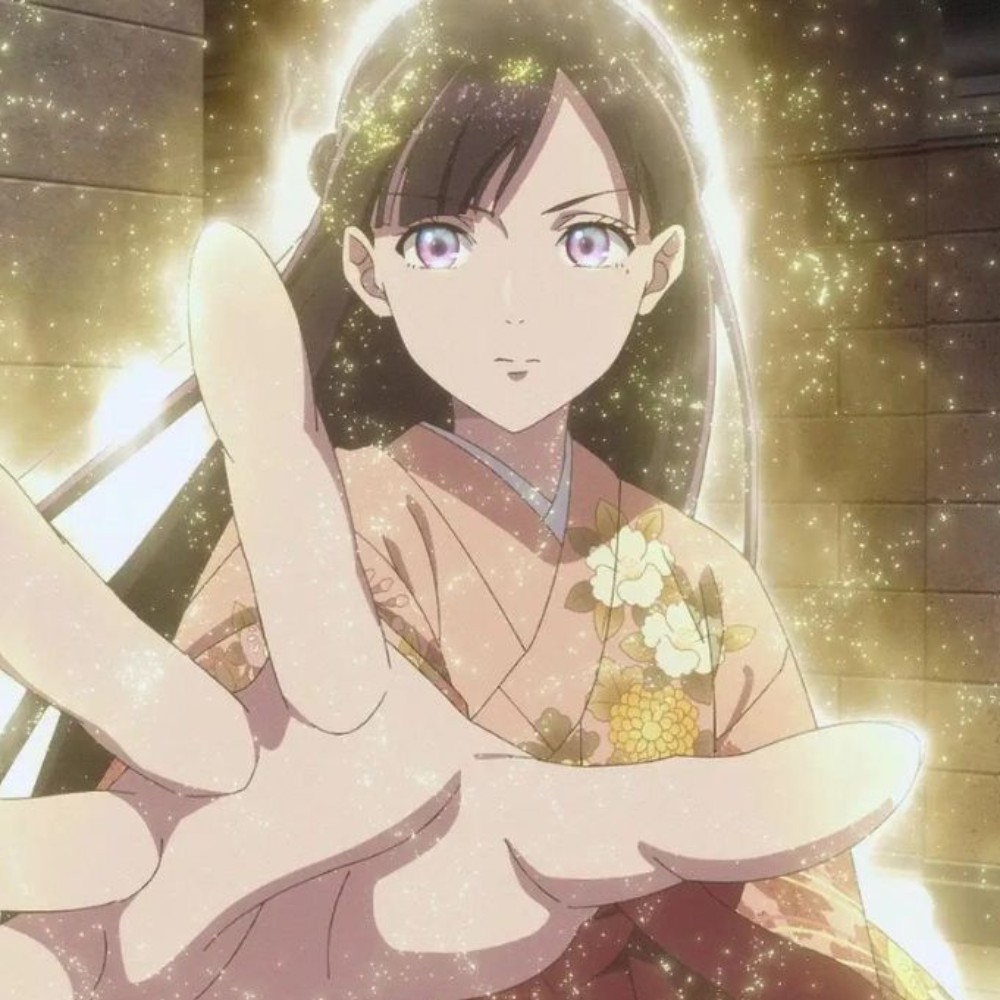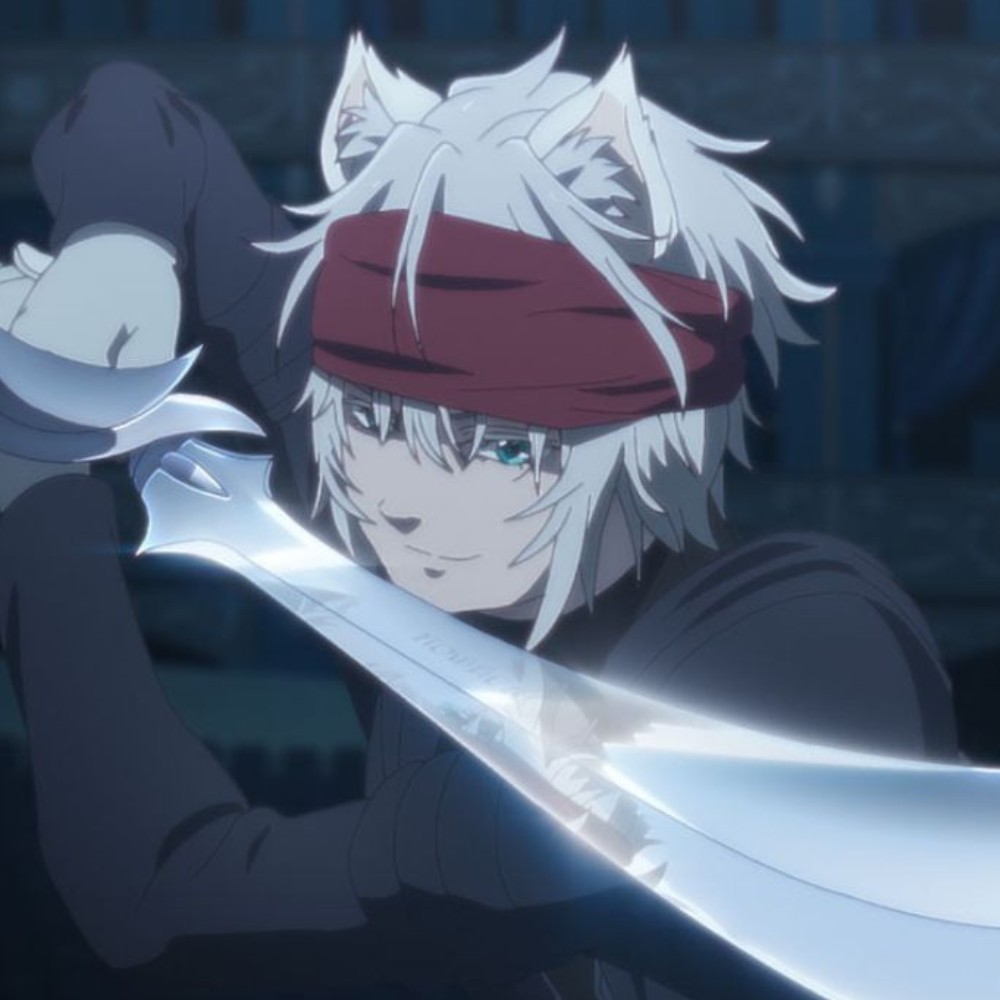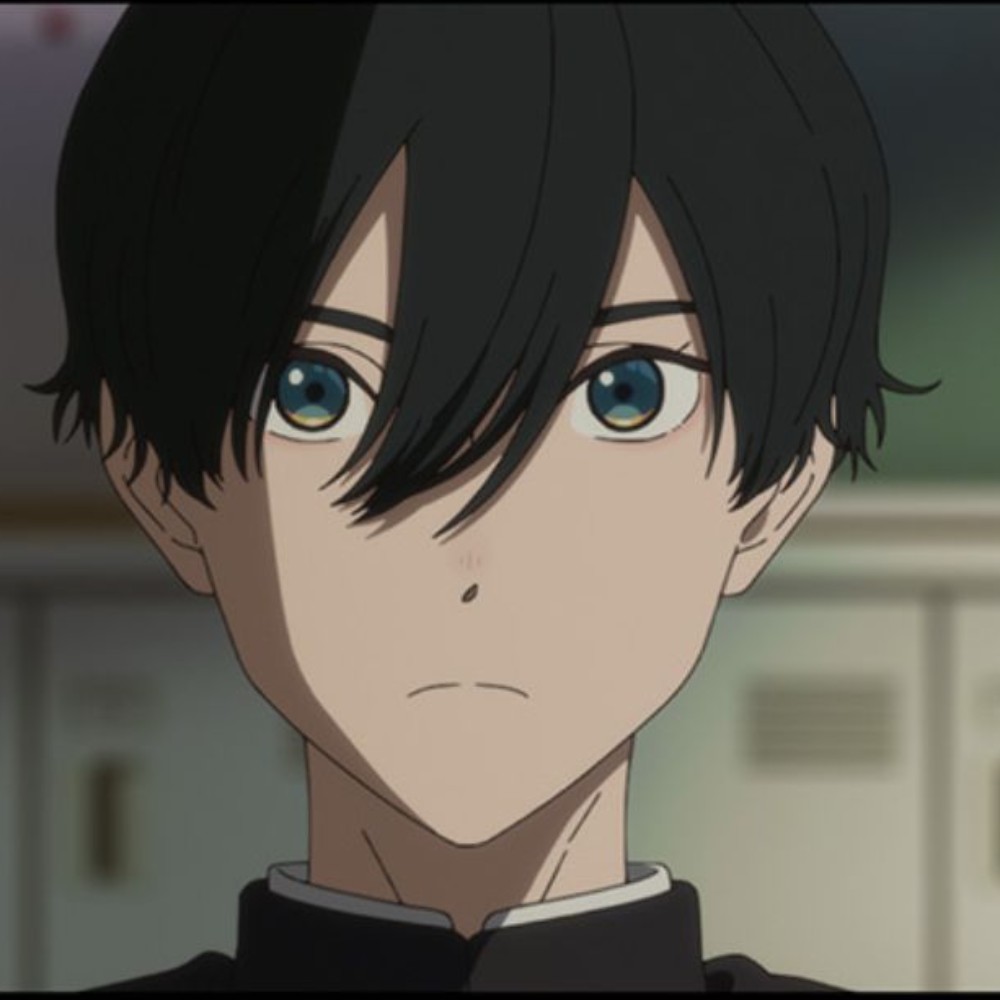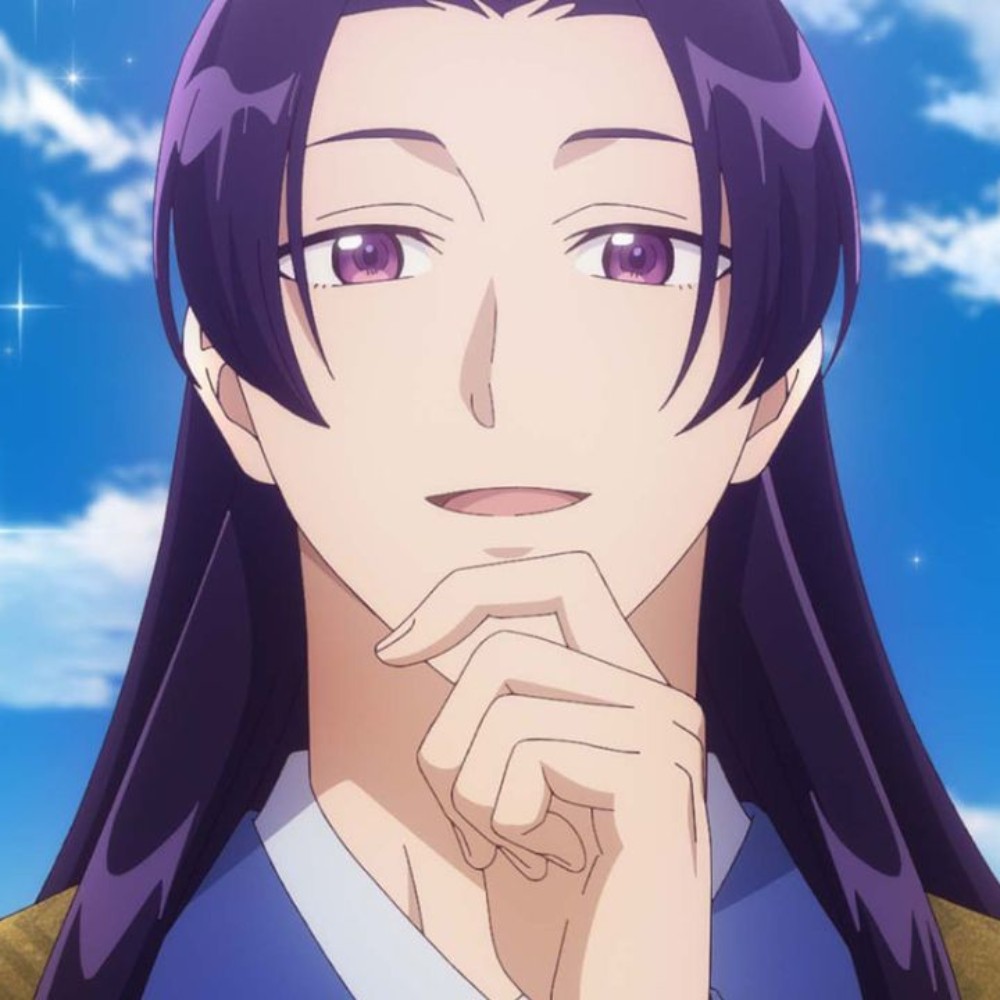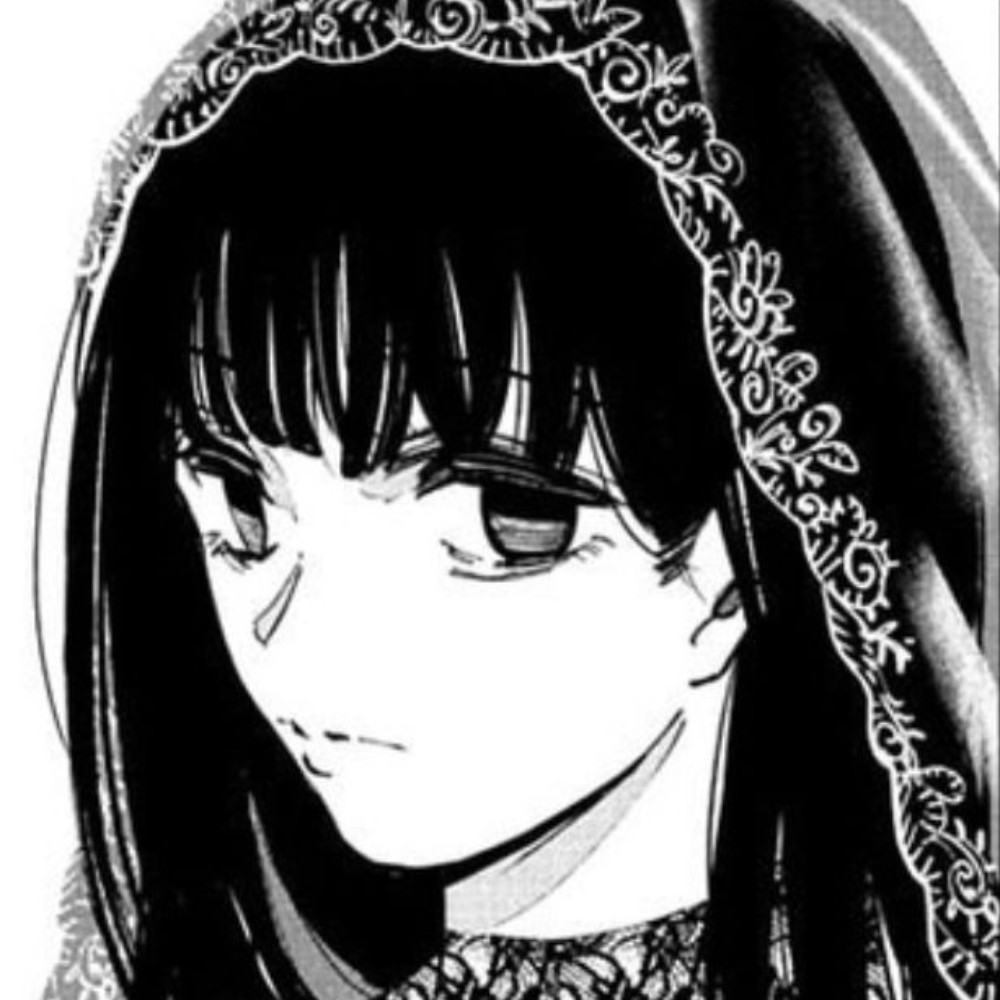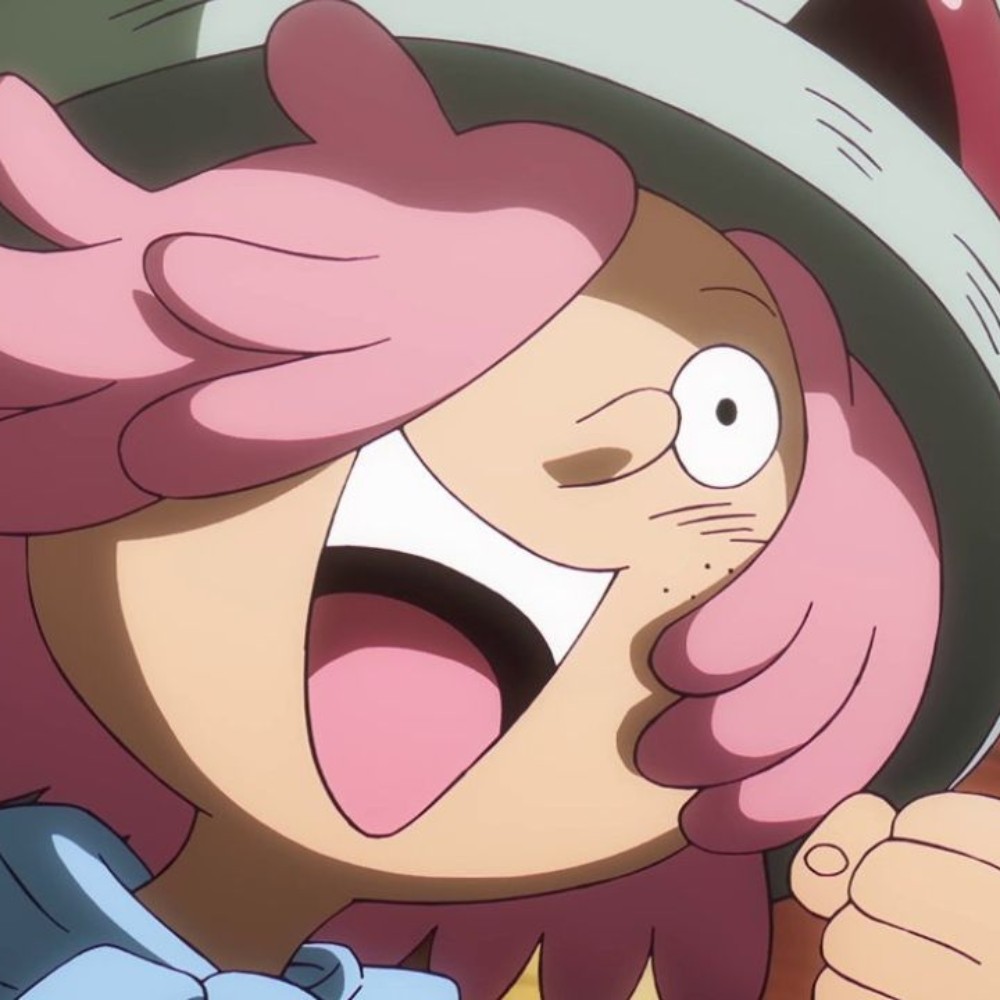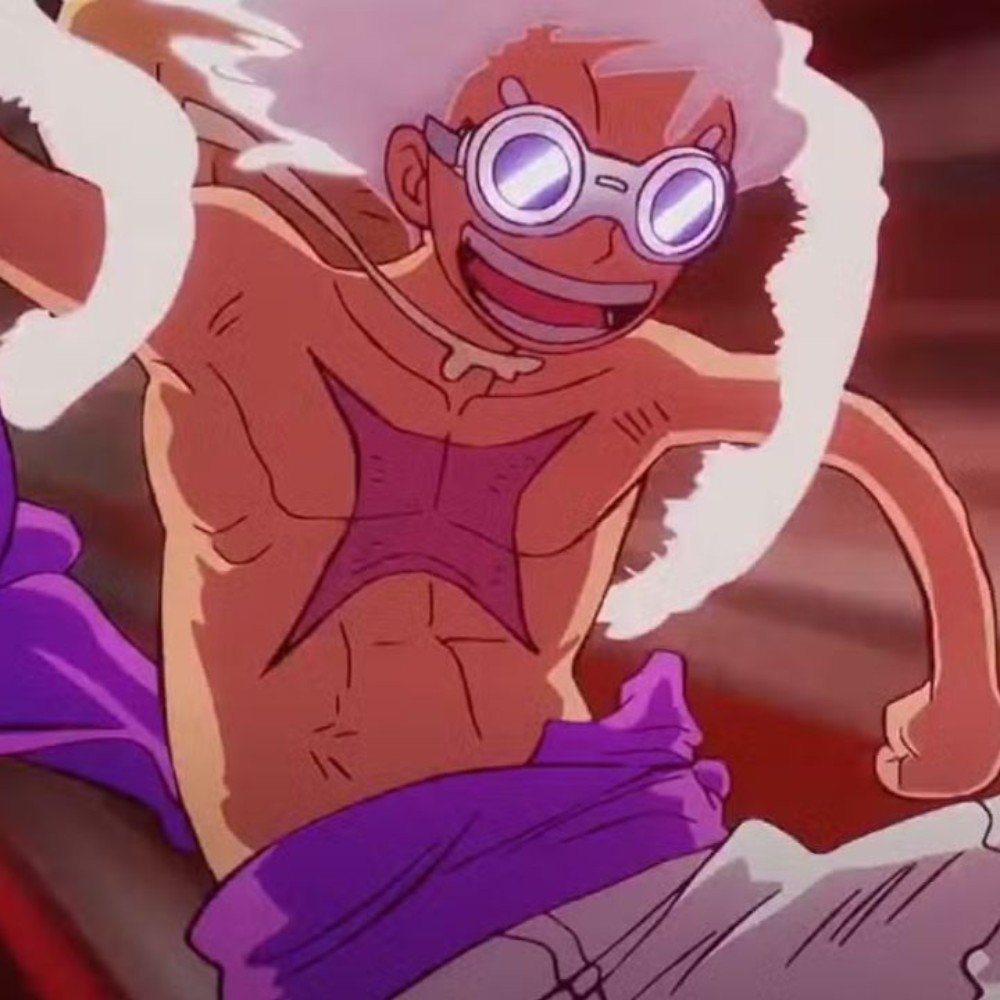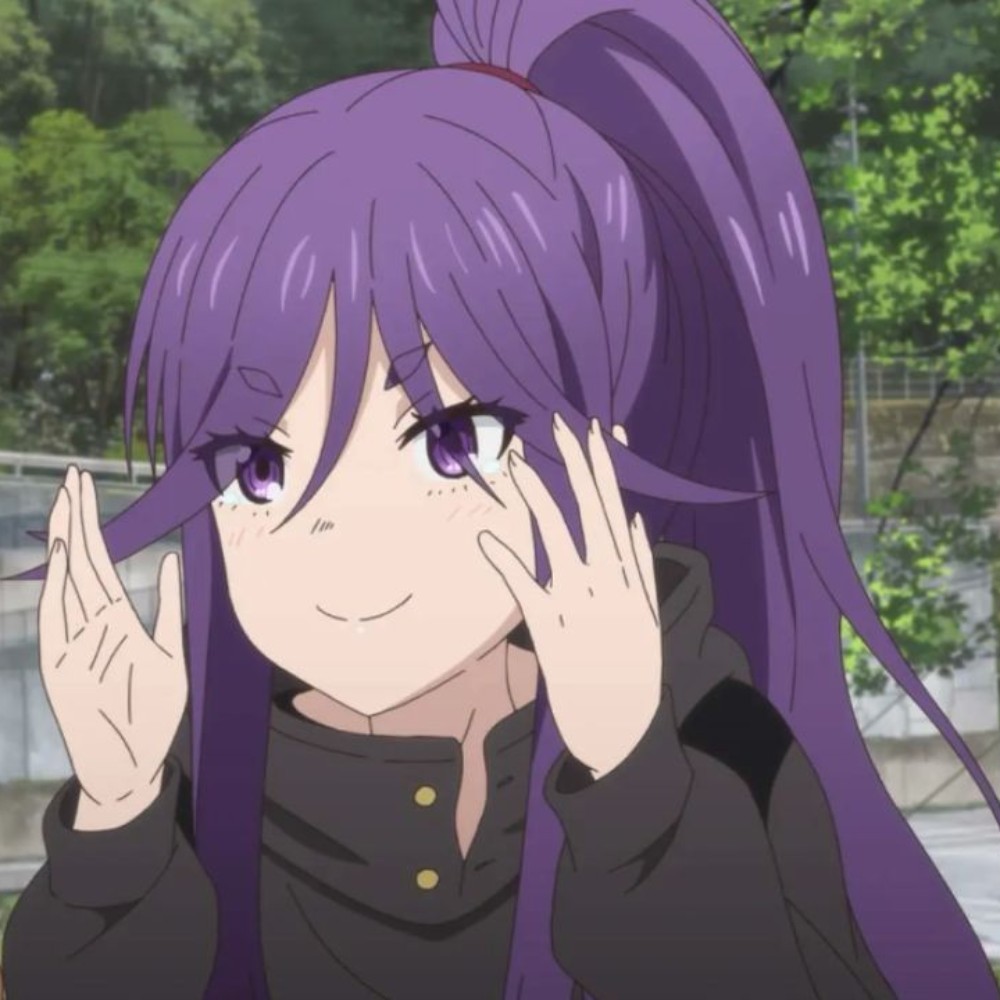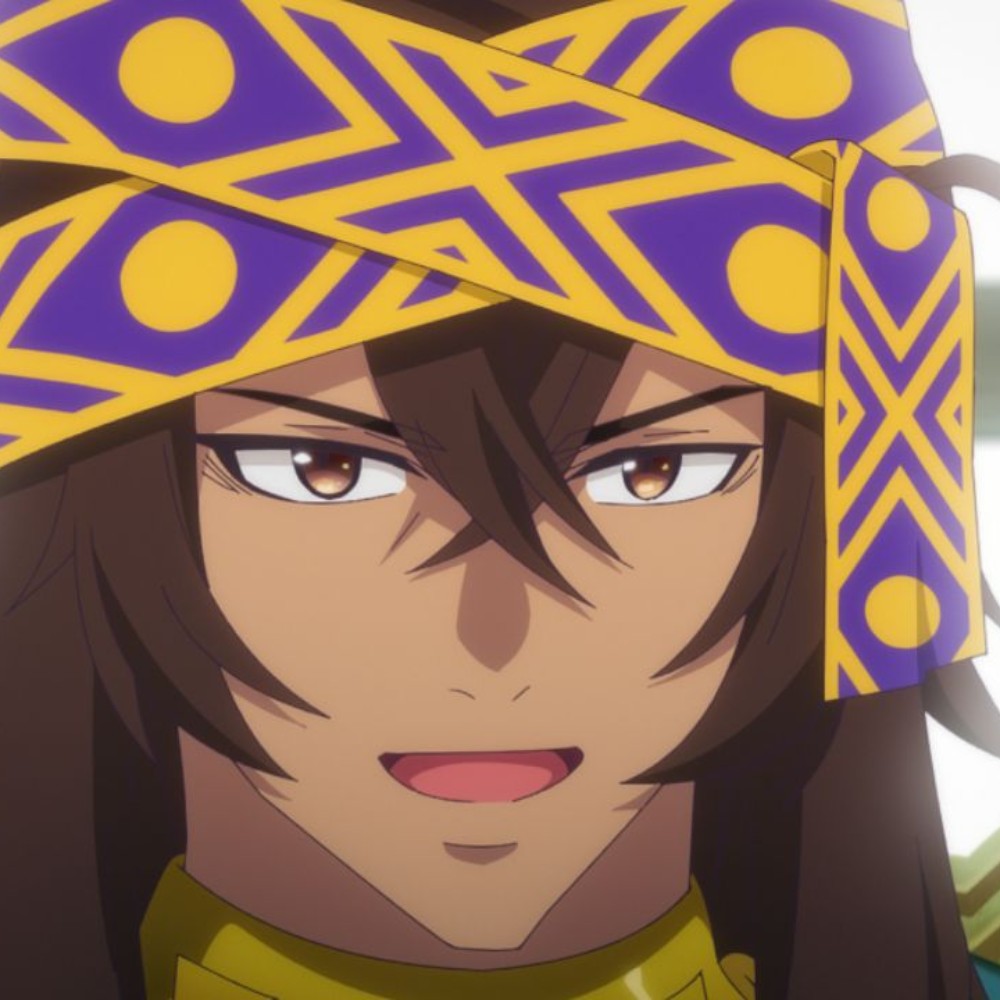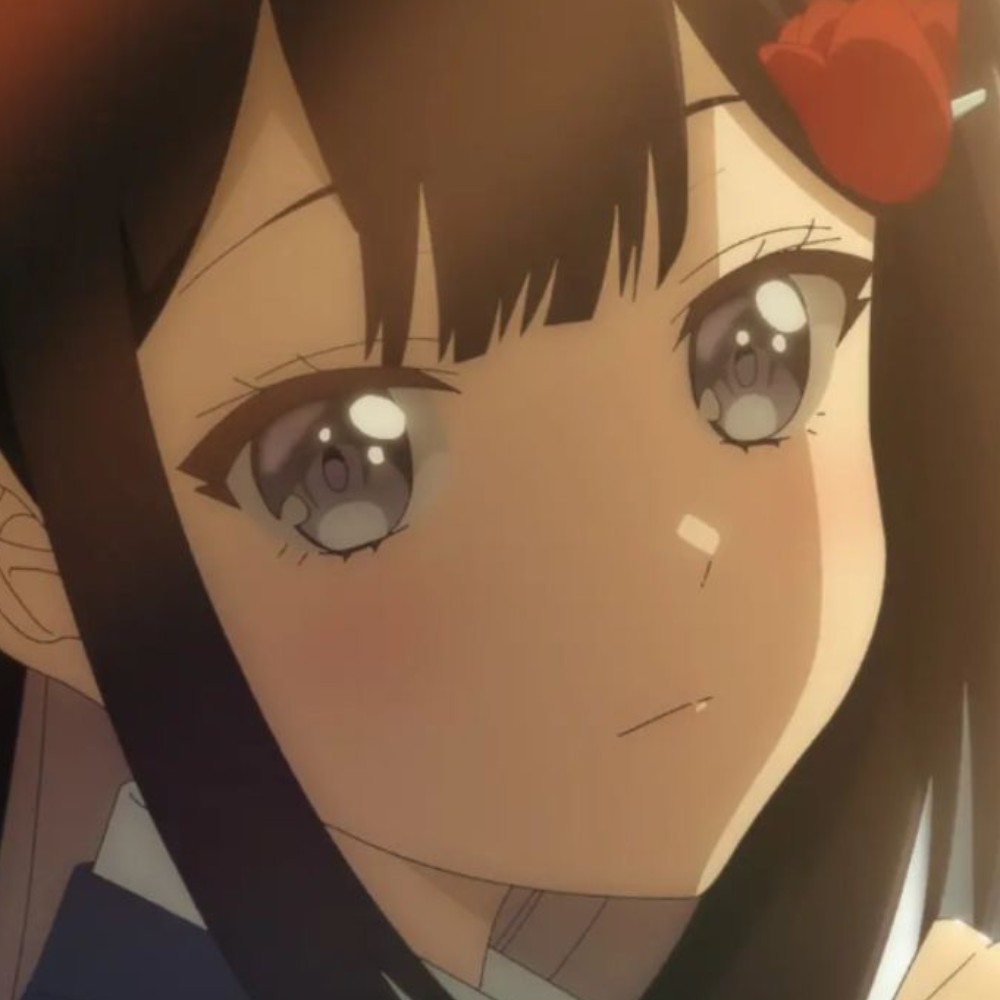My Hero Academia's Kohei Horikoshi Defines Who a Hero Truly Is; And It's Not Deku
My Hero Academia creator Kohei Horikoshi revealed who he defines as a hero. Find out here.
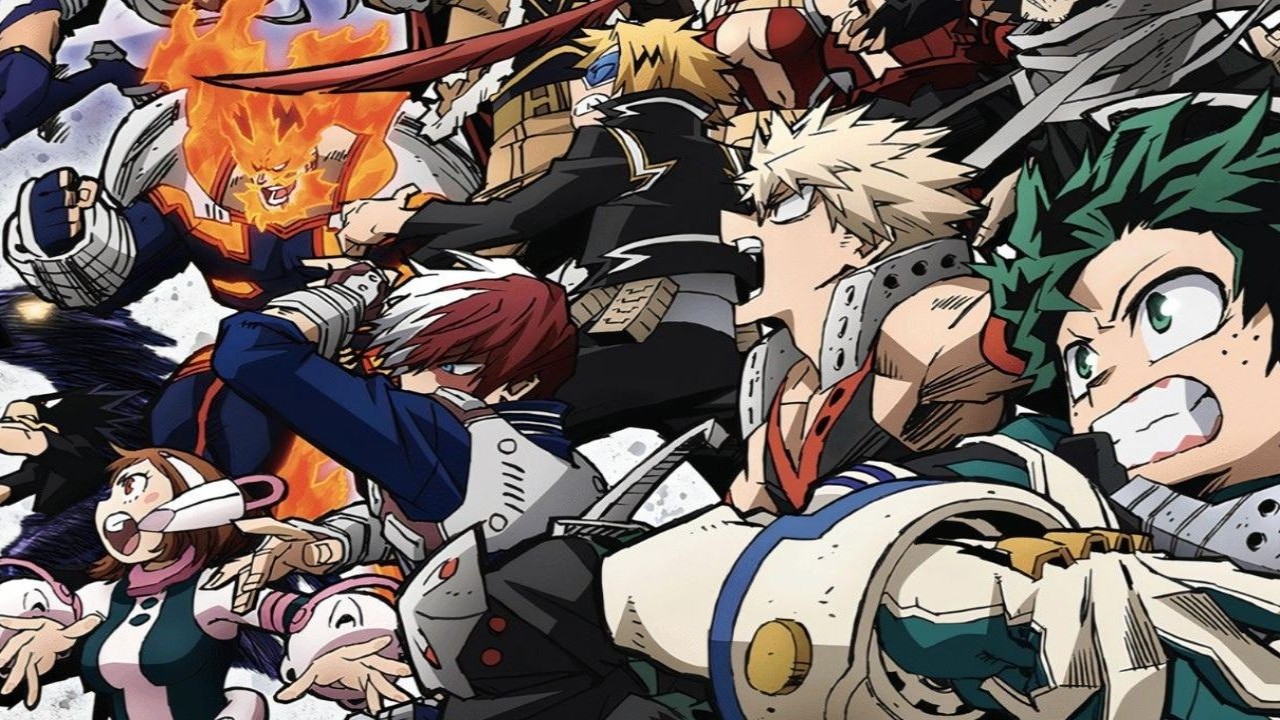
My Hero Academia, a popular shonen series, is known for its realistic elements, despite its superhero-focused plotlines. Author Kohei Horikoshi ensures that his stories contain realistic elements, unlike many upbeat and fantastical anime series that may seem impossible to relate to. Many action and fantasy anime series, including shonens, are so out of the norm that the average person can't imagine themselves in the characters' daily circumstances.
As My Hero Academia is nearing its end after ten years, the creator has revealed their own definition of a hero. He also revealed that the series' final chapters are now exploring a special epilogue where Izuku Midoriya and other heroes are picking up pieces from the war's aftermath as the series moves into the future.
Kohei Horikoshi defines who a hero truly is
My Hero Academia series creator Kohei Horikoshi is ready to put down the pen and end the manga in a couple of more chapters, with the final chapter scheduled for release this August. To celebrate the manga's ending, Horikoshi recently spoke with Viz Media about the successes of its run so far. When asked about what the creator actually defines as a hero, Horikoshi stated that now he thinks that "anyone can be a hero," including the people who support him closely through his daily life and work.
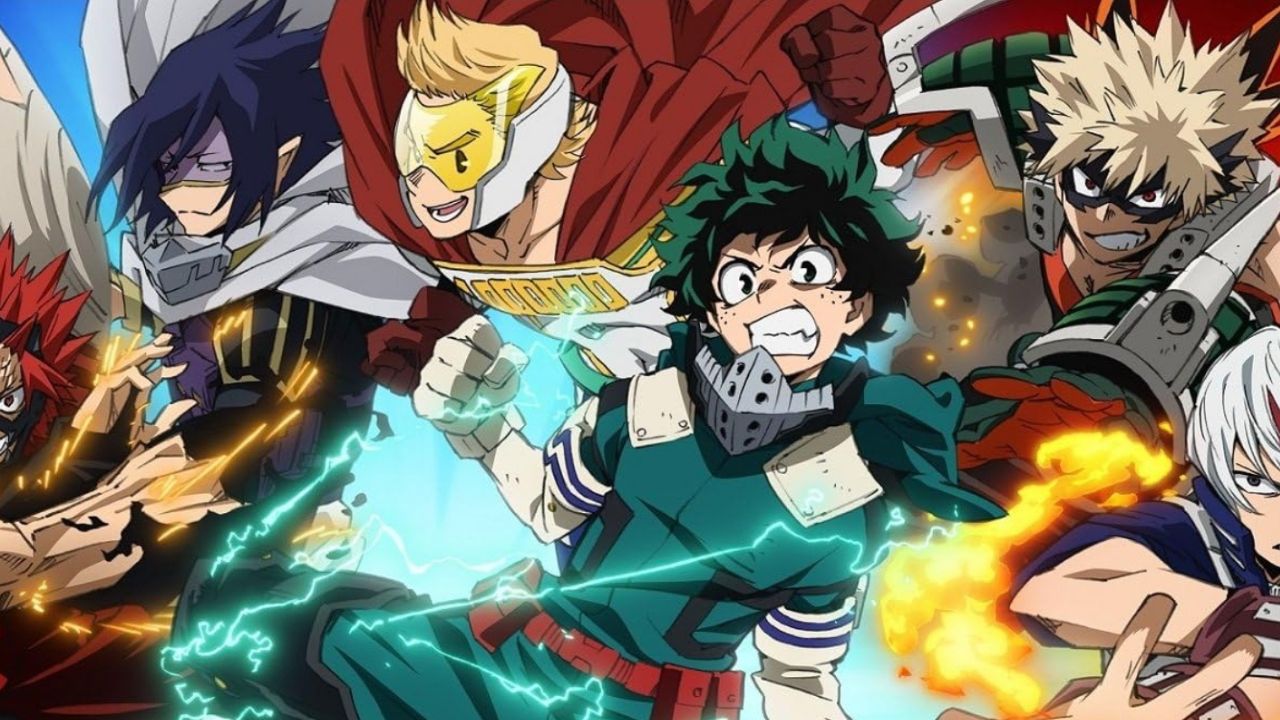
"That's a tough question. If I could articulate it clearly, I probably wouldn't be drawing manga," Horikoshi began. "So, I'd say, 'Please read the manga.' Initially, heroes were those on a different level from me—like [One Piece creator Eiichiro Oda] or fictional characters like Goku from Dragon Ball." But things changed as the creator aged, which he noted is a change that's reflected in how My Hero Academia has told its story.
"But as I entered my 30s, I began to appreciate those people nearby who offer support, which ties into the current story of My Hero Academia," Horikoshi continued. "My appreciation has been growing toward the people who extend a helping hand or offer encouragement. For example, Imamura-san, my editor, has been a huge supporter. I've grown to see these everyday helpers like him as heroes too. So now, I think anyone can be a hero, including those who support me closely."
Kohei Horikoshi ensures that his story contains realistic elements
Kohei Horikoshi mentioned in an interview shared and translated by Reddit user Nakurawari on the BokuNoHeroAcademia subreddit that his story in particular is not always a cheery or glorious one since he refuses to shy away from the more difficult and gritty aspects of life in the way he writes it. "It's actually not a really glorious story at all, as All Might grows weaker every day and Izuku gets injured every now and then. Even the victories in the story for the protagonists aren't straightforward and simple.”
My Hero Academia's characters face physical and mental injuries in battles, which Horikoshi highlights rather than hides. This makes the heroes' successes more meaningful, as viewers can see the hard work they put into their fights. The characters are relatable and human, as they are imperfect and susceptible to harm, yet they choose to courageously protect others despite the risk of danger.
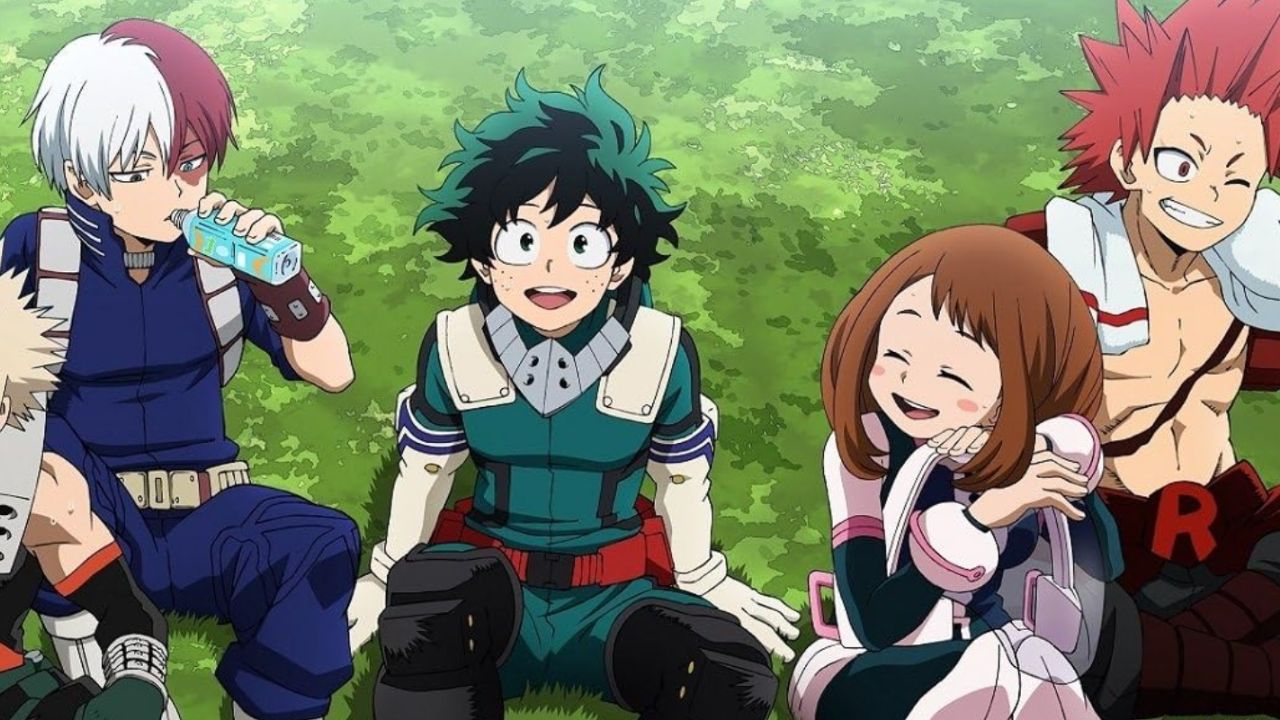
Horikoshi highlights All Might and Deku as characters who display the most weakness in My Hero Academia yet also show moments of strength. All Might's decline into frailty is a major plot point, and Deku was chosen as a successor. He realized he was reaching the end of his career and couldn't use his Quirk, One for All, effectively. His relatable nature and imperfections make him a relatable character, not just an otherworldly hero.
My Hero Academia is a powerful anime series that highlights the challenges faced by All Might and Deku with their Quirk, One for All. All Might's decline after using One for All is evident to the audience, highlighting the disheartening reality of physical decline in old age. Unlike many anime heroes who remain powerful even into old age, My Hero Academia takes a different approach, revealing All Might's struggles with exiting the prime stage of his hero career.
Despite his inability to use One for All for more than a short time without becoming overtired and weak, All Might was overall quite strong and hard-working until the time he transferred his Quirk to Deku. Deku faced his share of hardships too, becoming horrifically injured after he first used the Quirk and suffering nasty injuries.
Whereas many anime heroes are gifted with innate powers that they use perfectly from birth, Izuku had to diligently train and work tirelessly to use his Quirk correctly, and even then, he was still harmed over and over by the very skill meant to protect him.
ALSO READ: My Hero Academia: Ochaco's Struggles Exposed in New Epilogue Chapter





 JOIN OUR WHATSAPP CHANNEL
JOIN OUR WHATSAPP CHANNEL


















